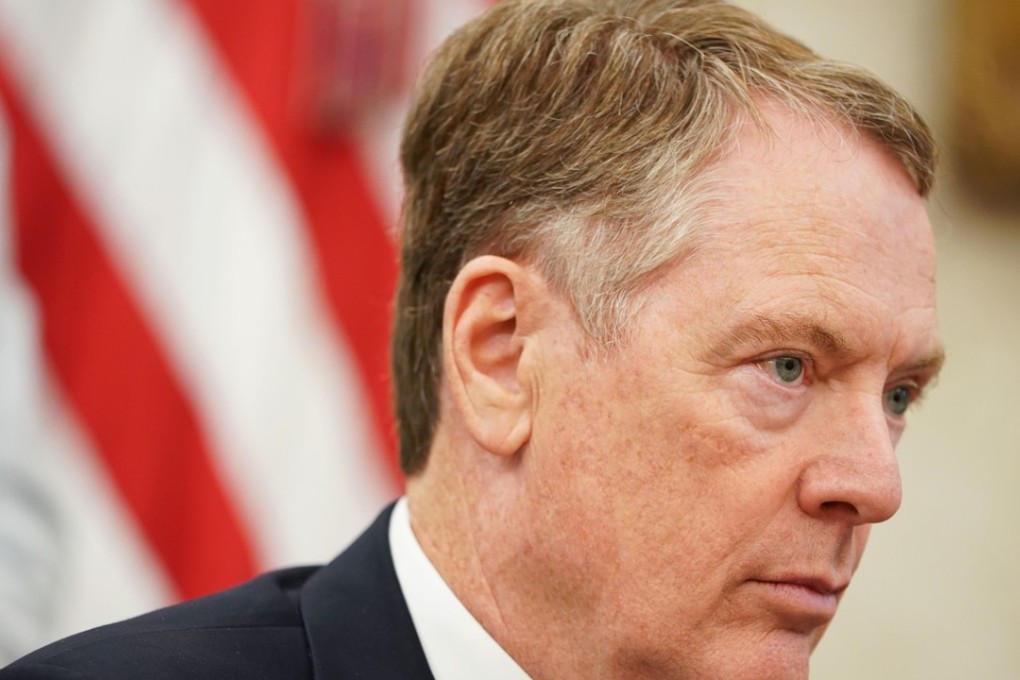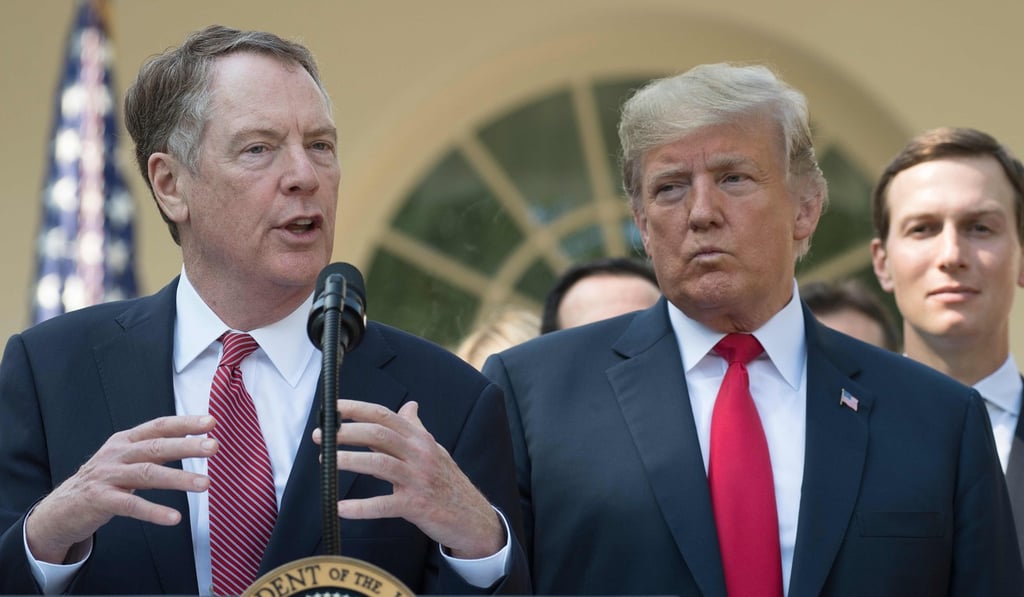Robert Lighthizer, US trade representative, says Huawei case ‘totally separate’ from US-China talks
- Lighthizer calls case a ‘criminal justice matter’ that should not impact negotiations
- He understands how from ‘the Chinese perspective’ the high-profile arrest could have a negative impact

This story is published in a content partnership with POLITICO. It was originally reported by Sabrina Rodriguez on politico.com on December 9, 2018.
US Trade Representative Robert Lighthizer said on Sunday that US-China negotiations should not be impacted by the controversial arrest of a top executive from Chinese telecom giant Huawei.
“This is a criminal justice matter. It is totally separate from anything I work on or anything that trade policy people in the administration work on,” Lighthizer said on CBS’ Face the Nation.

Lighthizer’s comments come as China’s Vice Foreign Minister Le Yucheng summoned US Ambassador to China Terry Branstad on Sunday in protest over the arrest of Sabrina Meng Wanzhou, the chief financial officer of Huawei. Le urged the United States to drop the arrest warrant and cautioned that China “will respond further” depending on the US response.